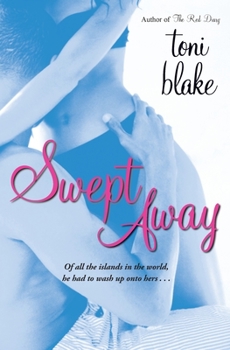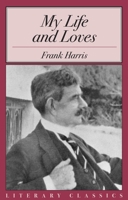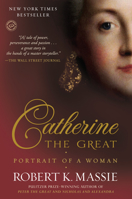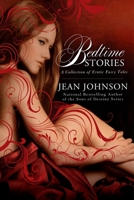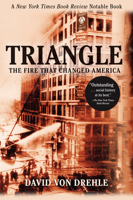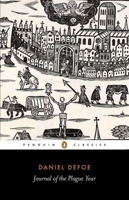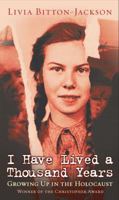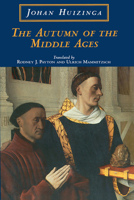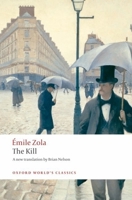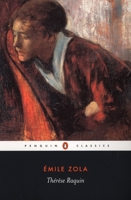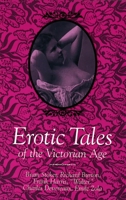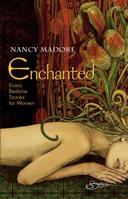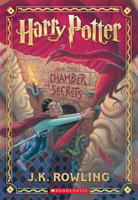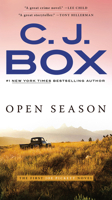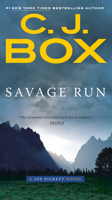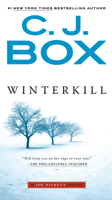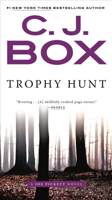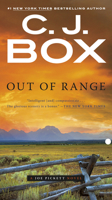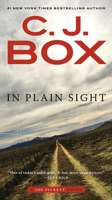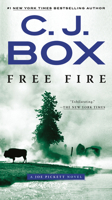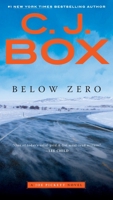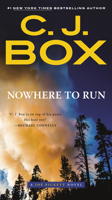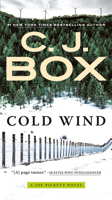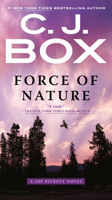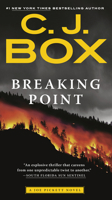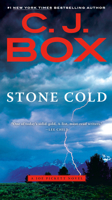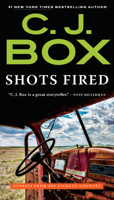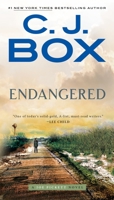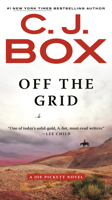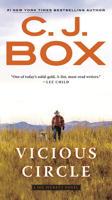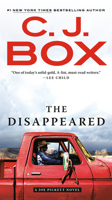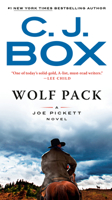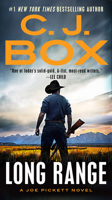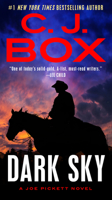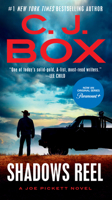Swept Away
Select Format
Select Condition 
You Might Also Enjoy
Book Overview
Customer Reviews
Rated 5 starsThis book will sweep you of your feet!
Katrina Spencer have been looking forward to settling down and form a family, the only thing missing in the relationship with the man she is set to marry in a week is love and passion. That's why instead of going to Vegas to celebrate her Bachelorette party with her friends, she decides she wants to escape to her private island and prepare herself for what the future holds. Then a man from her past suddenly shows up on her...
0Report
Rated 5 starsA fabulous read
Brock Denton was undercover and about to bust a smuggling ring wide open when his cover was blown and he found himself stranded on an island with the woman of his dreams, literally. Ever since the night she'd offered herself to him, Katrina Spencer had been the woman he fantasized about. When he was stuck undercover with hours to kill, she was who he thought of; now that he was on the island with her, he could only hope that...
0Report
Rated 5 starsPassionate, Suspense Read
Toni Blake has penned a sizzling sensual and suspenseful story with lots of action between the main characters. Ten years ago Katrina (Kat) Spencer threw herself at Brock Denton on her graduation night, only to be sent away embarrassed, humiliated and deeply hurt. Now ten years later the last person she expects to see swim out of the ocean on her deserted island is Brock. Kat has declined going to Vegas with her friends...
0Report
Rated 5 starsNow that summer's over...
Now that summer is over, you're going to need a Hot beach book more than ever. Trust me, SWEPT AWAY by Toni Blake is the perfect all year round beach book choice. It's fast paced, funny, heart wrenching and VERY HOT! I found the secluded island setting perfect and the characters of Kat and Brock to be engaging in a well rounded, fully human way. The dark back story, as well as the supporting cast of friends and parents is...
0Report
Rated 5 starsA Sexy Read!
Katrina "Kat" Spencer has taken a little break from her hectic wedding plans and has gone to her parents privately owned in order to transition from who she is...to who she thinks she needs to be. Gone will be the party girl and in her place will be a pastel wearing, sedate lady. Can she help it if she still dreams of a pirate whisking her away from it all? So, when she awakens from a nap and a half dressed god walks out...
0Report










